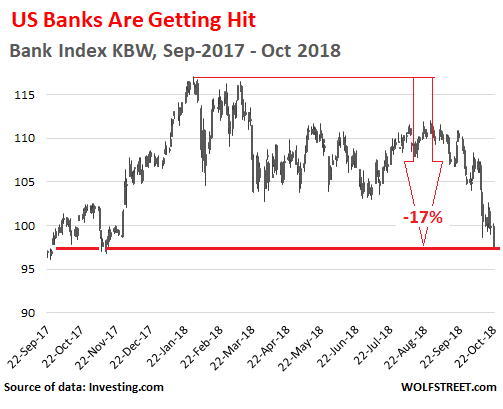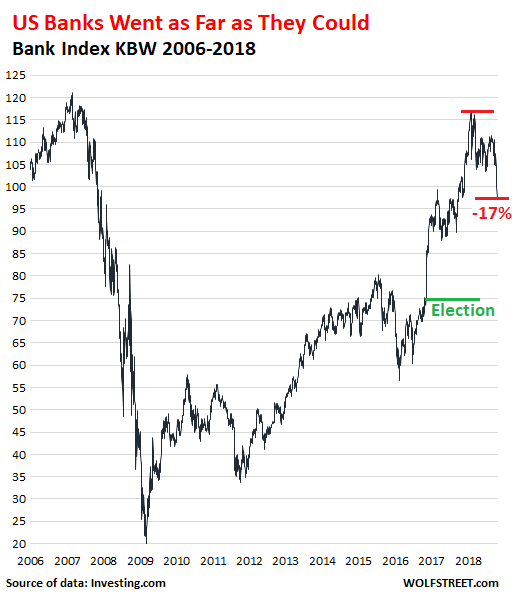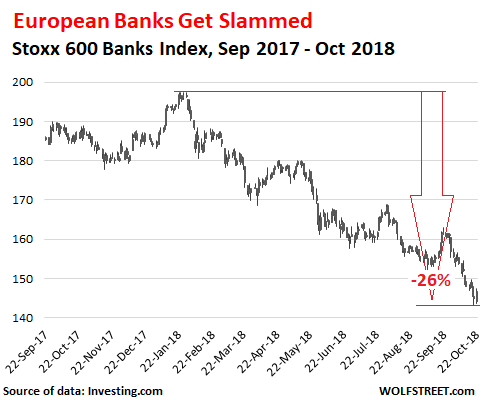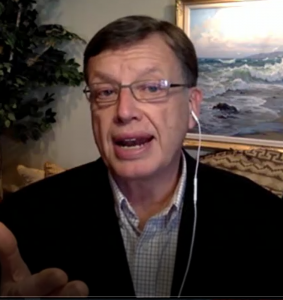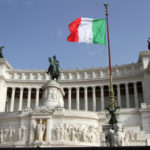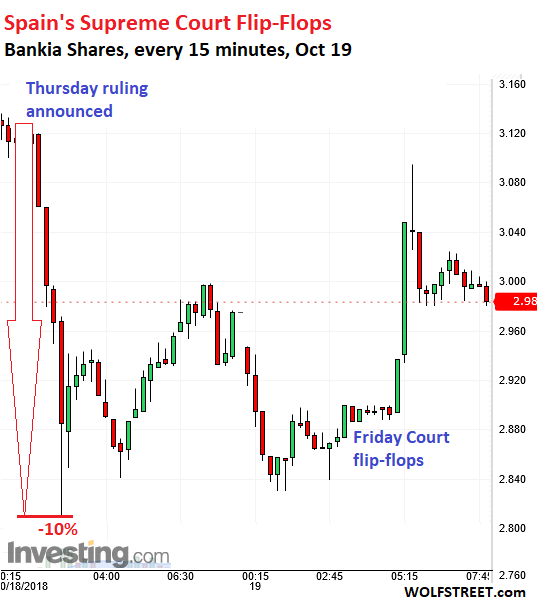Let’s start with the markets. They certainly had the likeness of a classic “rip your face off” bear market rally. The Goldman Sachs Most Short index surged 9.0% off Monday lows. For the week, this index rose 6.1%, showing off a 2.5 beta versus the S&P500’s return (6.1%/2.4%). In the semiconductor space, heavily shorted On Semiconductor, NXP Semiconductor, AMD and Micron Technology gained 23.9%, 18.5%, 14.8% and 13.9%, respectively. A long list of heavily shorted retail stocks gained double-digits, as the Retail index (XRT) surged 4.3% for the week.
There were a number of heavily shorted biotech stocks that posted 20% plus gains for the week. A bunch of regional banks rose between five and nine percent. And I’d be remiss for not mentioning (everyone’s favorite short) Tesla. In just 10 sessions, Tesla rallied (38%) from a low of $253 to Friday’s $346 close.
It’s certainly worth noting that short squeeze dynamics were not limited to U.S. equities. Let’s start at the epicenter of global crisis dynamics, the big banks. Hong Kong’s Hang Seng (Chinese) Financials index rallied as much as 8.3% off the week’s lows, to end the week up 6.3%.










